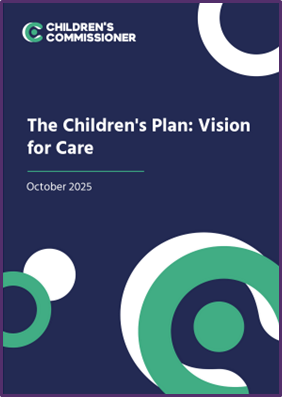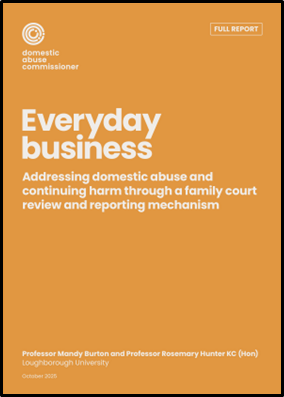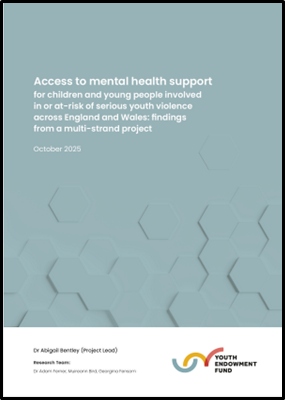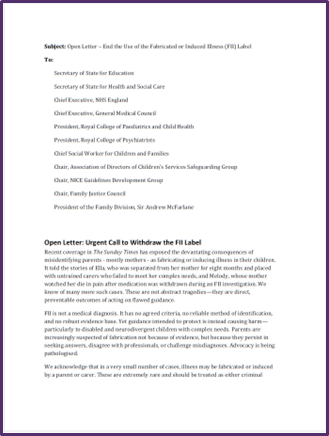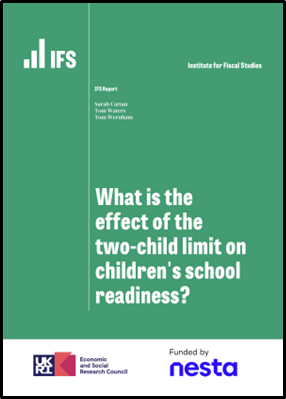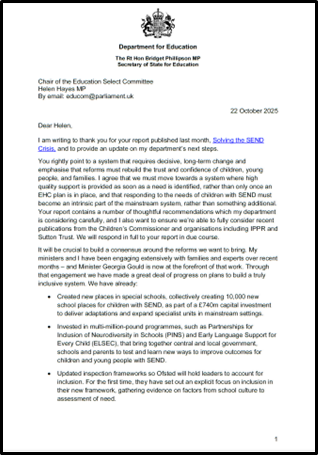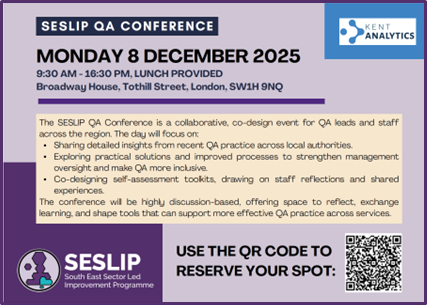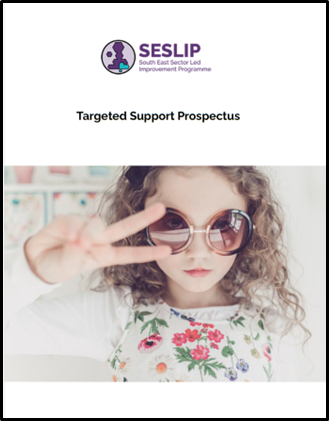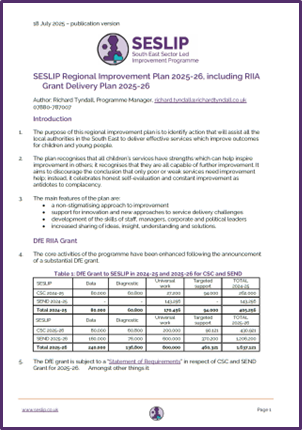Newsletters
Our Regional Improvement Plan can be found here
If you would like to apply to be a SESLIP consultant, please follow this link to Kent Business Portal – KentBusinessPortal and after registering on the portal, search for Ref – SC240046 – SESLIP – DPS
Updates
Reminders From Previous Weeks
Tools & Templates
We have produced a Regional Improvement Plan (July 2025)
On 20 October The Children’s Commissioner published The Children’s Plan: Vision for Care
On 13 October The Domestic Abuse Commissioner published Everday Business
On 13 October Home+Future (the south east’s RCC) published Briefing 002 – cross regional placements
On 10 October The Youth Endowment Fund published Access to mental health support
On 6 October Ofsted published Children’s social care questionnaires 2025
On 3 October APSEND and CSTUK published Upstream – best practice examples from specialst, AP and mixed trust schools
On 3 October 2025 IFS published Support for children with disabilities and special educational needs as part of its Green Budget for 2025
On 2 October Kinship published its annual survey of Kinship carers “Handle with Care”
On 2 October 2025 EEF published an independent evaluation of the BITUP programme – a low cost programme to improve secondary school attendance.
On 26 September 2025 HMIPrisons published Children in custody 2024–25
An analysis of 12–18-year-olds’ perceptions of their experiences
in secure training centres and young offender institutions
On 25 September DfE published a research report, Family Routes: children who returned to care after leaving for adoption or to live with a special guardian
On 25 September 2025 the Centre of expertise on child sexual abuse published Developing your strategic response to child sexual abuse – A guide for safeguarding children partnerships
On 24 September 2025 West Midlands ADCS Network (the RIIA) published its team excellence awards brochure for 2025
On 24 September Speech and Language UK published Transforming SEND: An Alternative White Paper
On 17 September APPG for SEND launched Reforming the SEND
System in England
On 16 September The Law Commission published Disabled Children’s Social Care: Final Report
On 13 September BJSW published Fabricated or induced illness in England: Examining mortality and serious harm an article by Andy Bilson and Alessandro Talia
On 12 September the PAC published Improving family court services for children
On 12 September NAO published Managing children’s residential care
On 10 September the Alliance for Youth Justice published From exploited to exploiter?
On 10 September Ofsted, CQC, HMICFRS and HMIProbation published new JTAI guidance for inspections of the response to child sexual abuse in the family environment
On 10 September LGA published Teenage Pregnancy Prevention: Strengthening Local Leadership and Supporting young parents to reach their full potential
On 8 September Ofsted published Children missing education: statutory guidance for local authorities and schools
On 1 September Greater Manchester Immigration Aid Unit (GMIAU) published new guides to help social workers support those children in care with insecure immigration status.
On 29 August SESLIP published its Targeted Support scheme prospectus
On 23 July LGA published Children and young people’s mental health in their “Must Knows” series
On 22 July ECPAT UK published More than Words: how definitions impact on the UK’s response to child trafficking and exploitation


